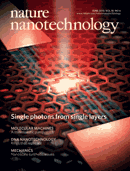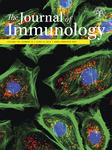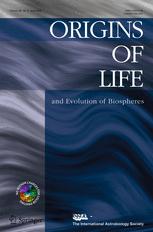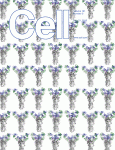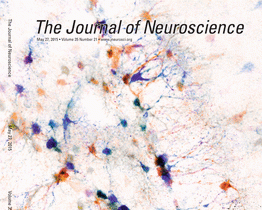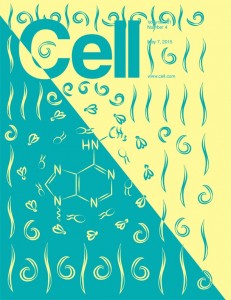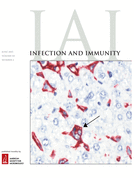 A team of Harvard and Yale biologists have retracted an Infection and Immunity paper due to data duplication.
A team of Harvard and Yale biologists have retracted an Infection and Immunity paper due to data duplication.
After the duplication came to light, the erroneous figures were corrected using original data, but the results affected “some of the manuscript’s conclusions.” An ethics panel subsequently recommended retraction, according to the journal, and the authors agreed.
The paper, “NOD2 Signaling Contributes to Host Defense in the Lungs against Escherichia coli Infection,” analyzed the role of the gene NOD2 in the lung inflammatory response against the bacteria Escherichia coli. It has been cited by 15 other papers, according to Thomson Scientific’s Web of Knowledge.
Figure 2B of the paper was previously corrected in 2012, but the retraction is for data duplication in figures 5F and 6A. Here’s the full retraction note: Continue reading “Evidence of data duplication” infects lung inflammation paper from Harvard and Yale
